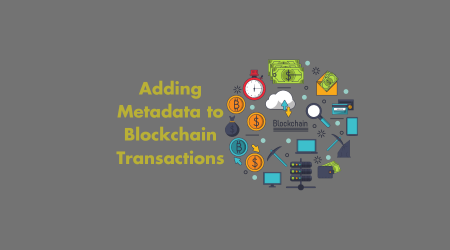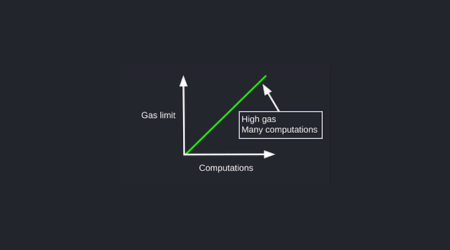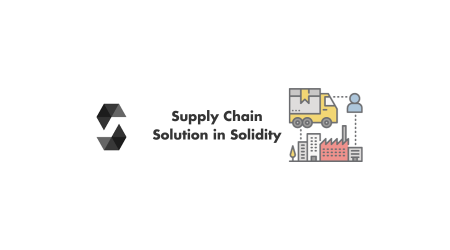Did you know that 90% of blockchain transactions lack meaningful metadata?
If you want to enhance the usability and functionality of your blockchain applications, it’s crucial to understand how to add metadata to transactions in Solidity.
In this article, we will explore the importance of metadata to blockchain transactions and how Solidity plays a pivotal role in integrating it.
We will also discuss techniques, best practices, and future possibilities for managing and retrieving metadata.
Get ready to unlock the full potential of your blockchain transactions.
1. Key Takeaways
- 90% of blockchain transactions lack meaningful metadata.
- Incorporating metadata in smart contracts brings benefits such as enhanced transparency and traceability.
- Solidity is a programming language for writing smart contracts that allows for the seamless inclusion and manipulation of metadata.
- Techniques like metadata encryption and off-chain storage solutions can ensure the security, privacy, efficiency, and scalability of managing metadata in blockchain transactions.
2. The Importance of Metadata to Blockchain Transactions
You need to understand the importance of metadata in blockchain transactions.
Incorporating metadata in smart contracts brings several benefits. It allows for the inclusion of additional information, such as timestamps, descriptions, and references, which can enhance the transparency and traceability of transactions.
However, challenges arise in ensuring data privacy in blockchain transactions due to the immutable nature of the technology. To address this, proper encryption and access controls must be implemented.
Understanding solidity and its role in metadata integration is crucial for ensuring efficient and secure blockchain transactions.
3. Understanding Solidity and Its Role in Metadata Integration
Understanding how Solidity plays a role in integrating metadata into the blockchain involves grasping the fundamentals of this programming language.
Solidity syntax allows for the seamless inclusion of metadata within smart contracts. By utilizing Solidity, you can add metadata to blockchain transactions in an efficient and precise manner.
Some key points to remember about Solidity and its role in integrating metadata are:
- Solidity provides a structured framework for writing smart contracts.
- Metadata can be stored as variables within smart contracts.
- Solidity syntax enables the retrieval and manipulation of metadata.
- Integrating metadata in smart contracts enhances transparency and traceability.
With a solid understanding of Solidity and its features, you can now explore techniques for adding metadata to blockchain transactions.
4. Techniques for Adding Metadata to Blockchain Transactions
By utilizing Solidity, you can easily incorporate metadata into your blockchain transactions. There are various techniques you can use to achieve this.
One technique is implementing metadata encryption in blockchain transactions, which ensures the security and privacy of your metadata.
Another technique is leveraging off-chain storage solutions for managing metadata in blockchain transactions. This allows you to store larger amounts of metadata outside of the blockchain, improving efficiency and scalability.
Now, let’s explore the best practices for managing and retrieving metadata in Solidity.
5. Best Practices for Managing and Retrieving Metadata in Solidity
Implementing proper techniques in Solidity ensures efficient management and retrieval of metadata.
When working with metadata in blockchain transactions, it’s crucial to consider security measures to prevent unauthorized access or manipulation.
Successful case studies have demonstrated the effectiveness of integrating metadata in transactions, enhancing transparency and traceability.
By utilizing encryption methods and access control mechanisms, you can safeguard metadata integrity.
As we explore future developments and possibilities for metadata in blockchain transactions, new advancements will further enhance the capabilities and potential of this technology.
6. Blockchain Metadata: Future Prospects
As we look ahead, exciting prospects await the future of metadata in blockchain transactions. New advancements are set to revolutionize the capabilities and potential of this technology.
The potential applications of metadata in decentralized finance are particularly promising. However, privacy concerns and challenges with metadata in blockchain transactions must be addressed.
Striking a balance between transparency and confidentiality will be crucial to ensure the successful integration of metadata into the decentralized finance ecosystem.




